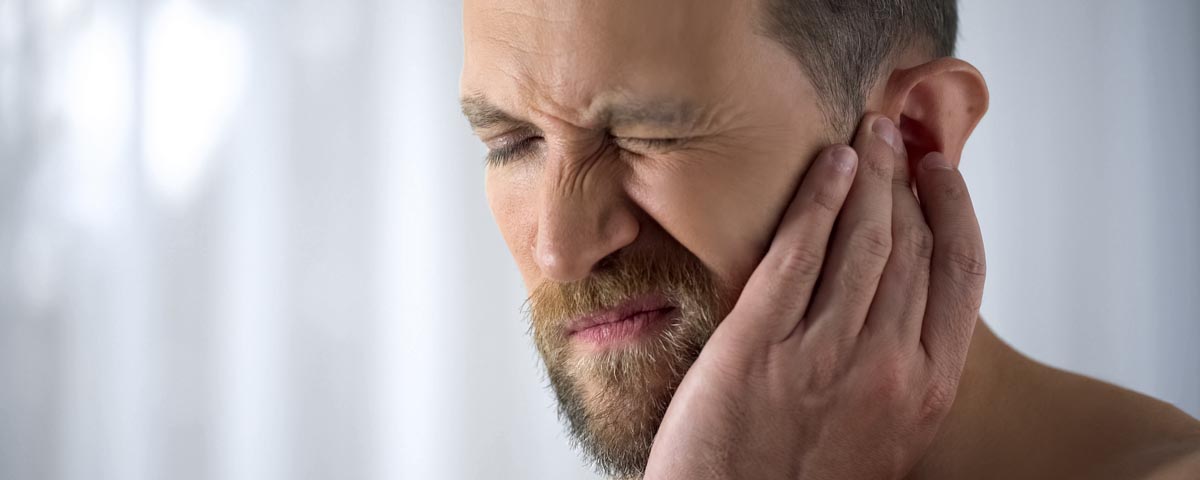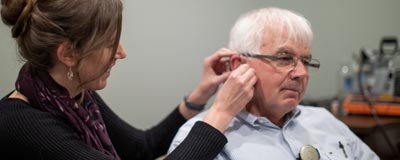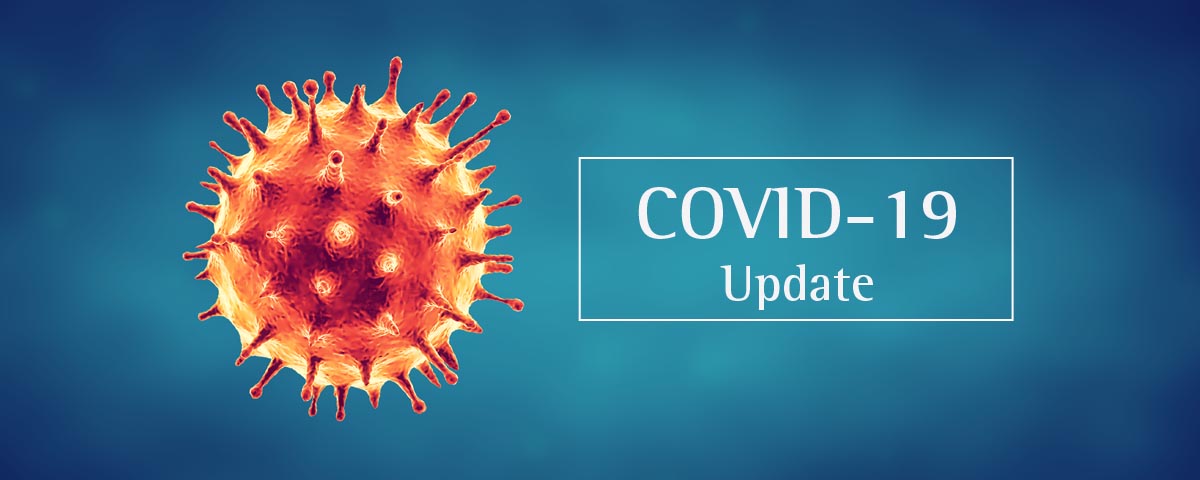The sudden loss of hearing in one or both ears can be overwhelming and scary, but knowing what to do in this situation is very important for bettering your chances for a full recovery. In some cases, sudden hearing loss will result in a permanent loss, where hearing aids and audiological rehabilitation would be the appropriate solution. With that said, Sudden Sensorineural hearing loss (SSNHL) is a medical emergency and a medical professional or an Ear, Nose, and Throat (ENT) Specialist should assess the hearing loss immediately to provide the best chance to a full recovery of hearing.
Why Does It Happen?
There are over a hundred possible reasons why SSNHL occurs and is dependent on a number of factors that are specific to each patient. The majority of patients with SSNHL have no identifiable cause for hearing loss. Most fall into one of several broad categories including infectious, autoimmune, traumatic, vascular, neoplastic, metabolic, and neurologic. However, in most cases the true reason is unknown.
What To Look Out For?
Patients often notice the hearing loss first thing in the morning, and can report a sudden “pop” in the ear before the loss occurs. In addition, patients will often experience a ringing or buzzing (tinnitus) in the affected ear and patients can also report a sensation of the world spinning or loss of balance (Vertigo).
Treatment of SSNHL
In most cases, doctors prescribe oral steroids over the course of one to two weeks. According to research, this is the most beneficial treatment for sudden sensorineural hearing loss. In addition, studies show that patients who begin this treatment soon after the onset of the loss have the best chance of recovery. This is why seeking a medical professional immediately is so important. In some cases, an a shot of steroids is injected directly into the ear. Injection allows higher doses of steroids to reach the inner ear fluids. Although still the best available option, the use of steroids does not always lead to a recovery of hearing.
Sometimes, additional treatment is necessary if doctors discover that the underlying cause of the hearing loss is a secondary medical issue.
For those patients who suffer a permanent hearing loss there are still options that will help them manage their hearing loss. In most cases, the most appropriate form of hearing loss management is being fit with hearing aids. In more severe or extreme cases, the most appropriate form of management is in receiving a surgically implanted cochlear implant. These devices can help with audibility, hearing in background noise, understanding speech, locating the direction of sounds and reducing the burden of tinnitus.






